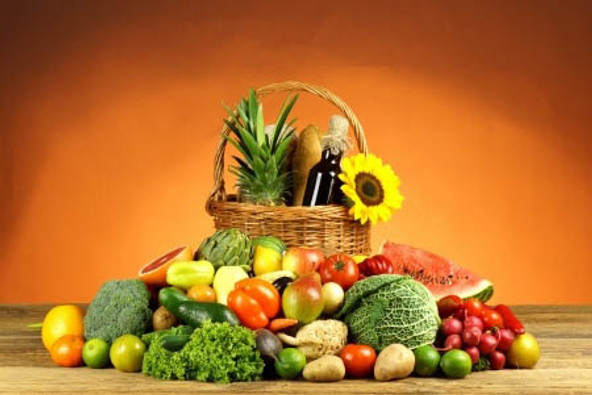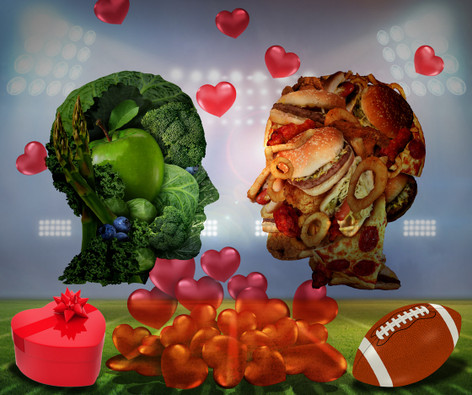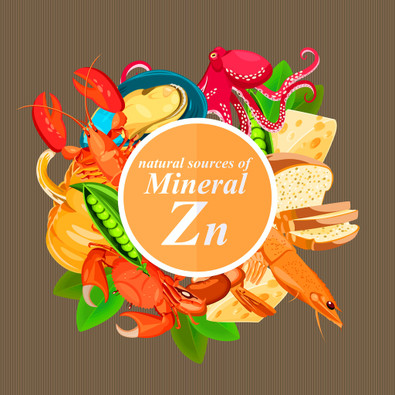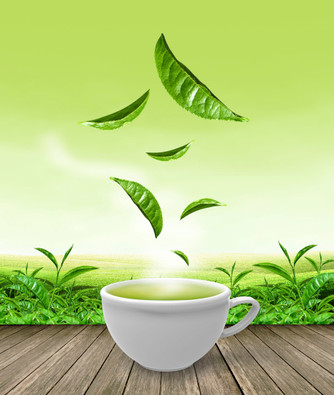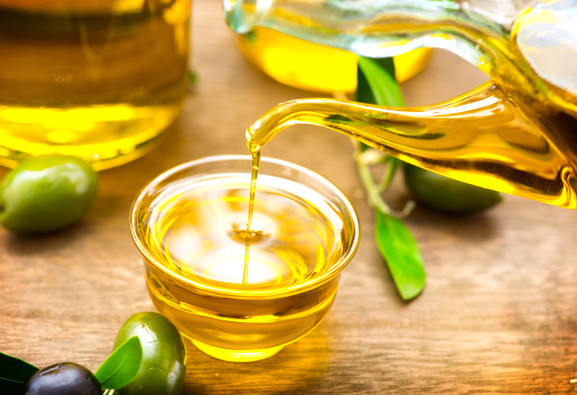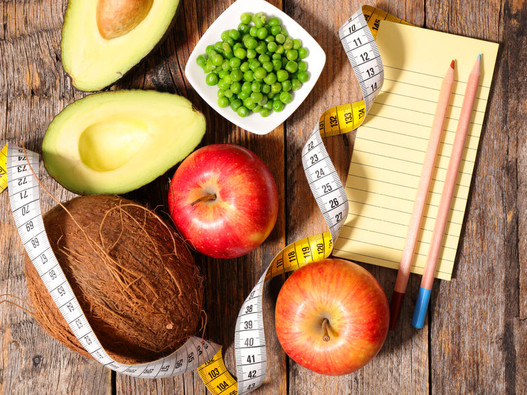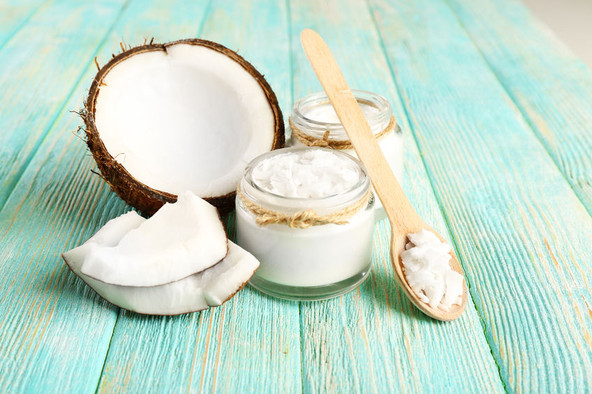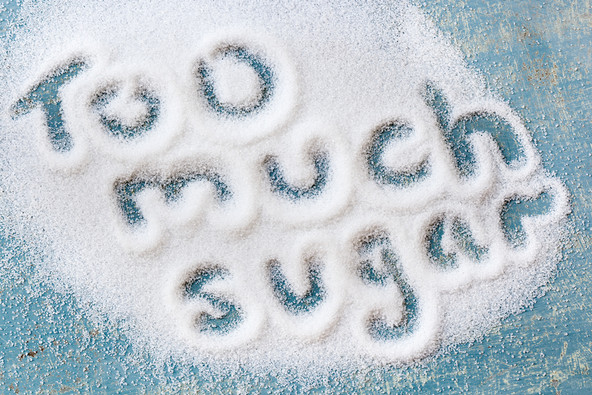Posted by Beyond Health on Nov 3rd 2025
Is Your Organic Food Really Organic?
. . . big business invades the health food market Certain packaged foods that were once organic are now conventional, but they're still being marketed as organic! The Cornucopia Institute, a nonprofit committed to protecting small farmers and the health-minded public, discovered that although Whitewave/Silk Soymilk, now owned by dairy giant Dean Foods, was no longer organic, its barcode had never been changed by the manufacturer, so it was being placed on shelves along with organic products. A similar problem was discovered with products from Golden Temple, a division of Hearthside Food Solutions; cereals and granola packaged under their Peace Cereal brand haven't been organic for 3 years, but the barcode was never changed to reflect that, so retailers (rightly) assumed they were organic and featured them as such. One of the problems is that the organics industry is booming. While total food sales grew by less than 1% in 2010, the Organic Trade Association annual survey found that the…
read more Fuel your life with the purest vitamins
Fuel your life with the purest vitamins



